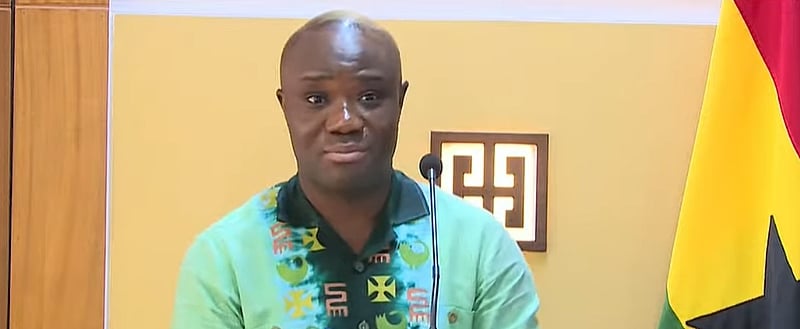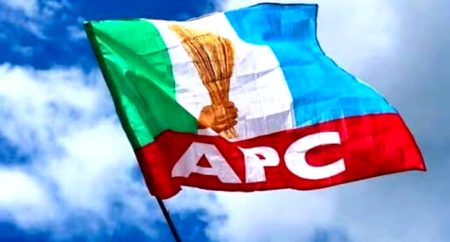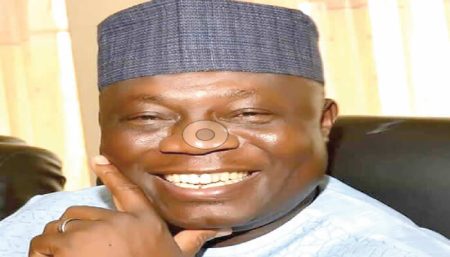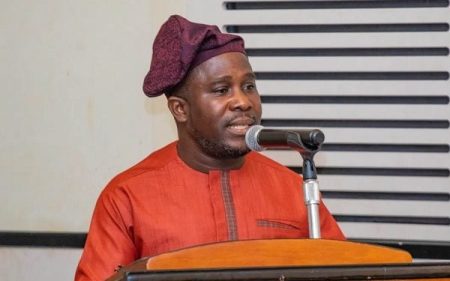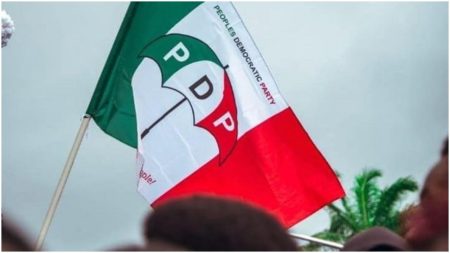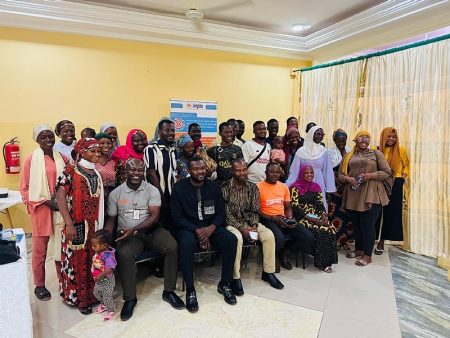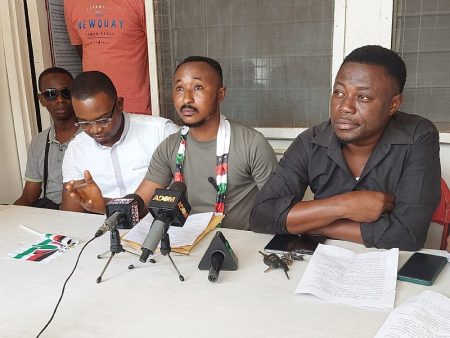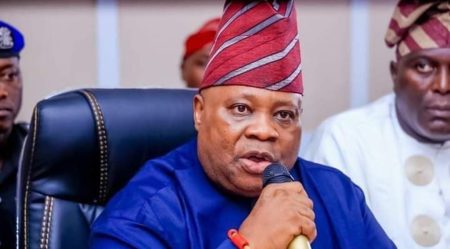The political landscape of Ghana is embroiled in a contentious debate surrounding the nation’s debt servicing capabilities and the role of successive administrations in ensuring financial stability. At the heart of the dispute is the claim by the opposition New Patriotic Party (NPP) that the current government, led by President John Dramani Mahama, is only able to meet its debt obligations due to financial buffers established during their previous tenure. This assertion has been vehemently refuted by Felix Kwakye Ofosu, spokesperson for President Mahama and Minister of State for Government Communications, sparking a public exchange of accusations and counter-accusations.
The controversy ignited following President Mahama’s directive to Finance Minister Dr. Cassiel Ato Forson to authorize the fourth coupon payment to bondholders participating in the Domestic Debt Exchange Programme (DDEP). Dr. Mohammed Amin Adam, former Finance Minister under the NPP administration, contended that the NPP strategically built reserves in Ghana’s Debt Reserve Accounts to guarantee the continued servicing of the country’s debt, implying that the current government’s ability to make payments is solely attributable to their foresight.
Kwakye Ofosu, in a press briefing, categorically dismissed the NPP’s claims, labeling them as untrue and misleading. He argued that the NPP’s narrative is a deliberate attempt to misrepresent the current government’s efforts to stabilize the economy and honor its financial commitments. He provided specific details of transactions within the debt service reserve account, also known as the sinking fund, to substantiate his position and challenge the NPP to produce concrete evidence of the alleged buffers.
The core of Kwakye Ofosu’s argument revolves around the documented transactions within the sinking fund, which holds funds designated for debt servicing. He emphasized that both cedi and dollar components of the account are meticulously recorded, allowing for transparent tracking of inflows and outflows. He highlighted the fact that the last transaction under the NPP administration, dated October 22, 2024, left a balance of $64,387 in the account, a sum significantly insufficient to cover payments amounting to approximately GHS6 billion.
In stark contrast, Kwakye Ofosu pointed to a substantial deposit of $96,915,182 made into the account on January 31, 2025, under the NDC government with Ken Ofori-Atta as Finance Minister. This, he argued, demonstrably proves that the current government has taken proactive steps to bolster the sinking fund and ensure the timely payment of debt obligations. Furthermore, he referenced the cedi-denominated reserve account, noting that as of January 7, 2025, when the NDC assumed power, the balance stood at GHS 155,463,435, the last transaction having occurred on January 2, 2025, prior to the NPP’s departure from office.
Kwakye Ofosu further revealed that an additional GHS9 billion has been allocated to the fund to cover maturing coupons in July and August, bringing the total to GHS15 billion. This proactive measure, he stressed, underscores the current government’s commitment to responsible financial management and its dedication to meeting debt obligations without relying on supposed pre-existing buffers. He challenged the NPP to provide specific evidence of the location and magnitude of these purported buffers, asserting that their claims lack factual basis and are merely an attempt to undermine the current administration’s efforts. The ongoing debate underscores the deep political divisions within Ghana and the intense scrutiny placed on economic performance and debt management.





